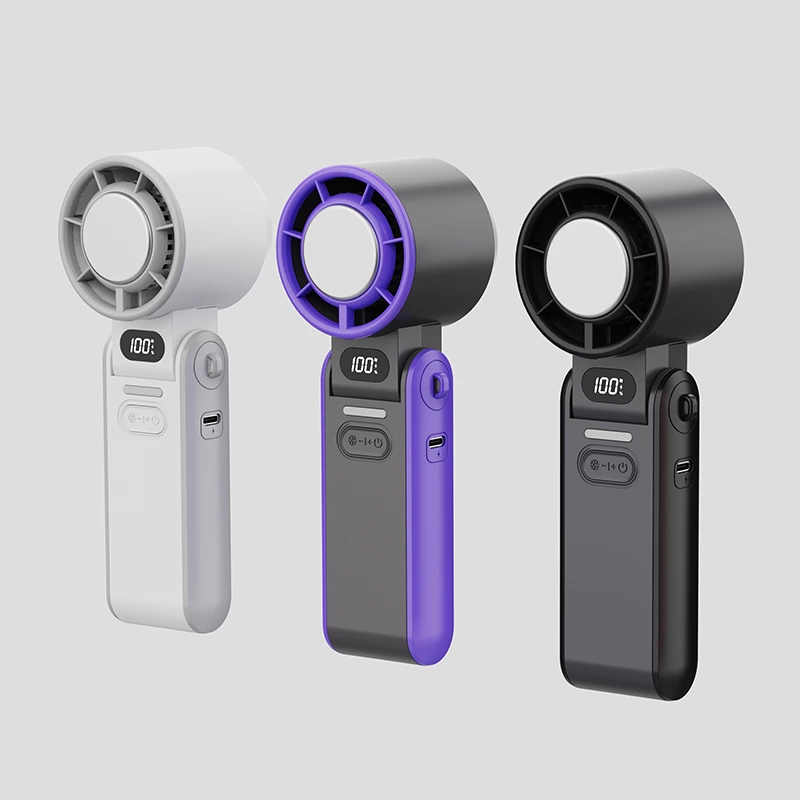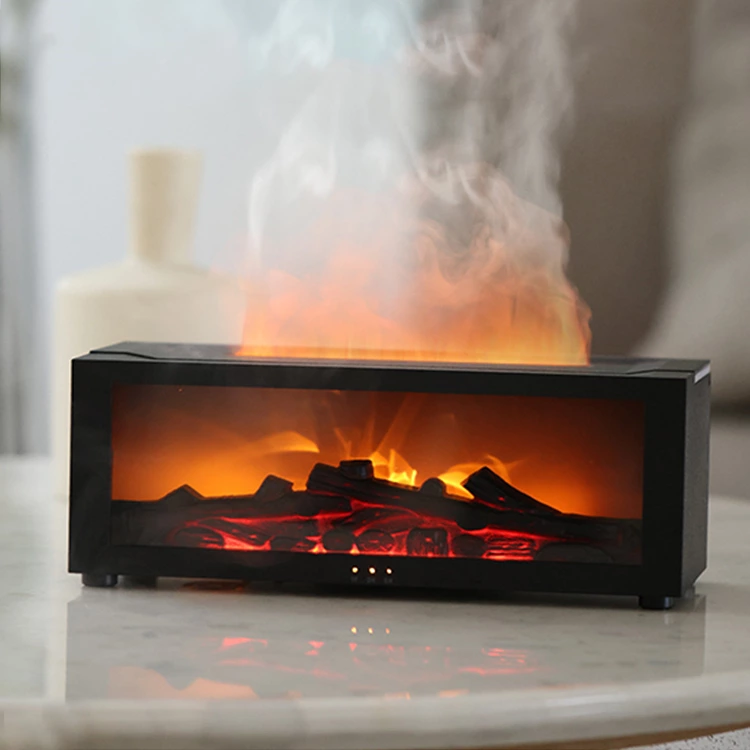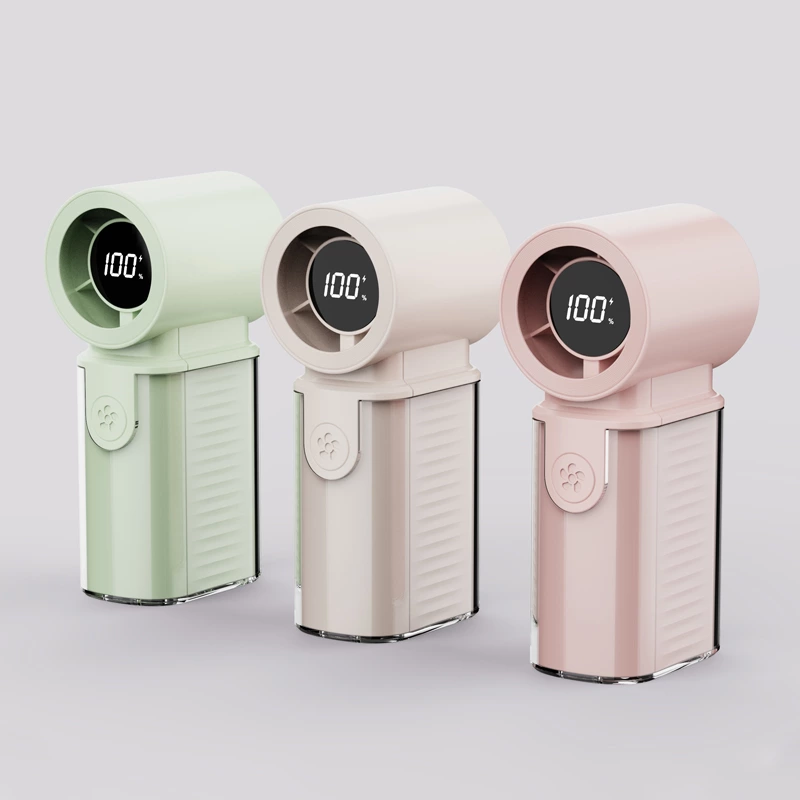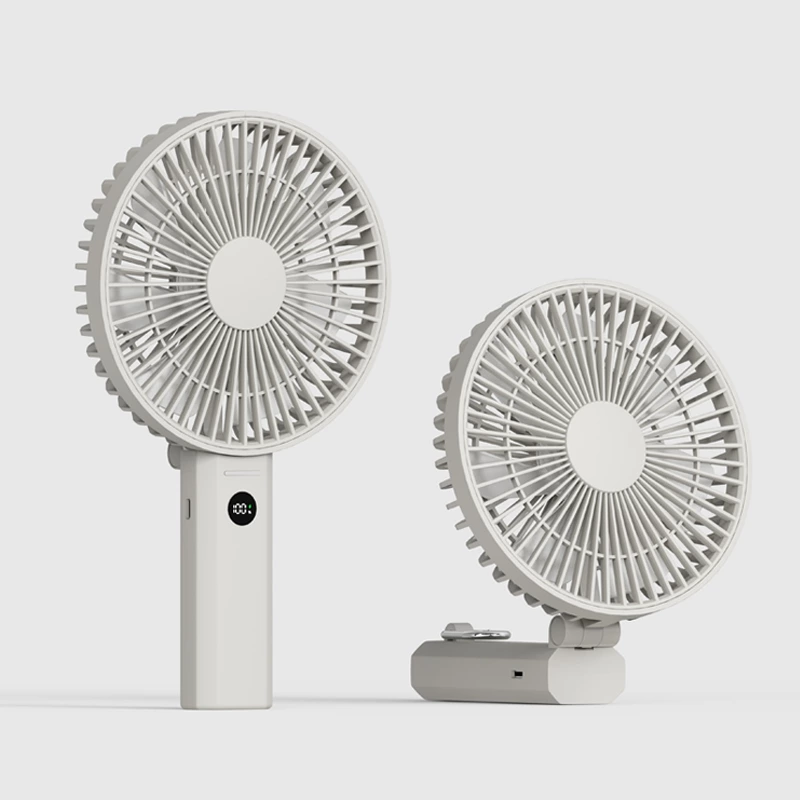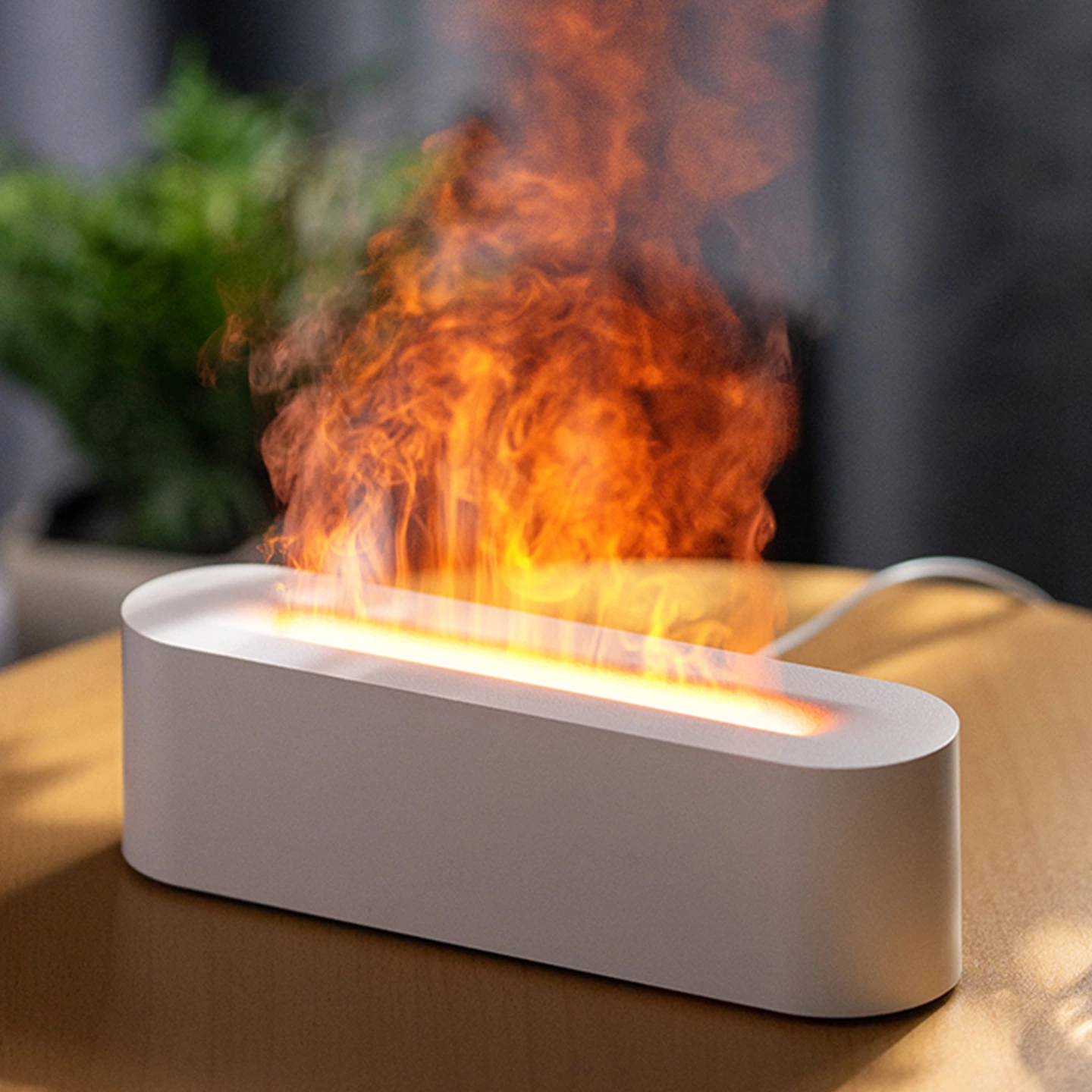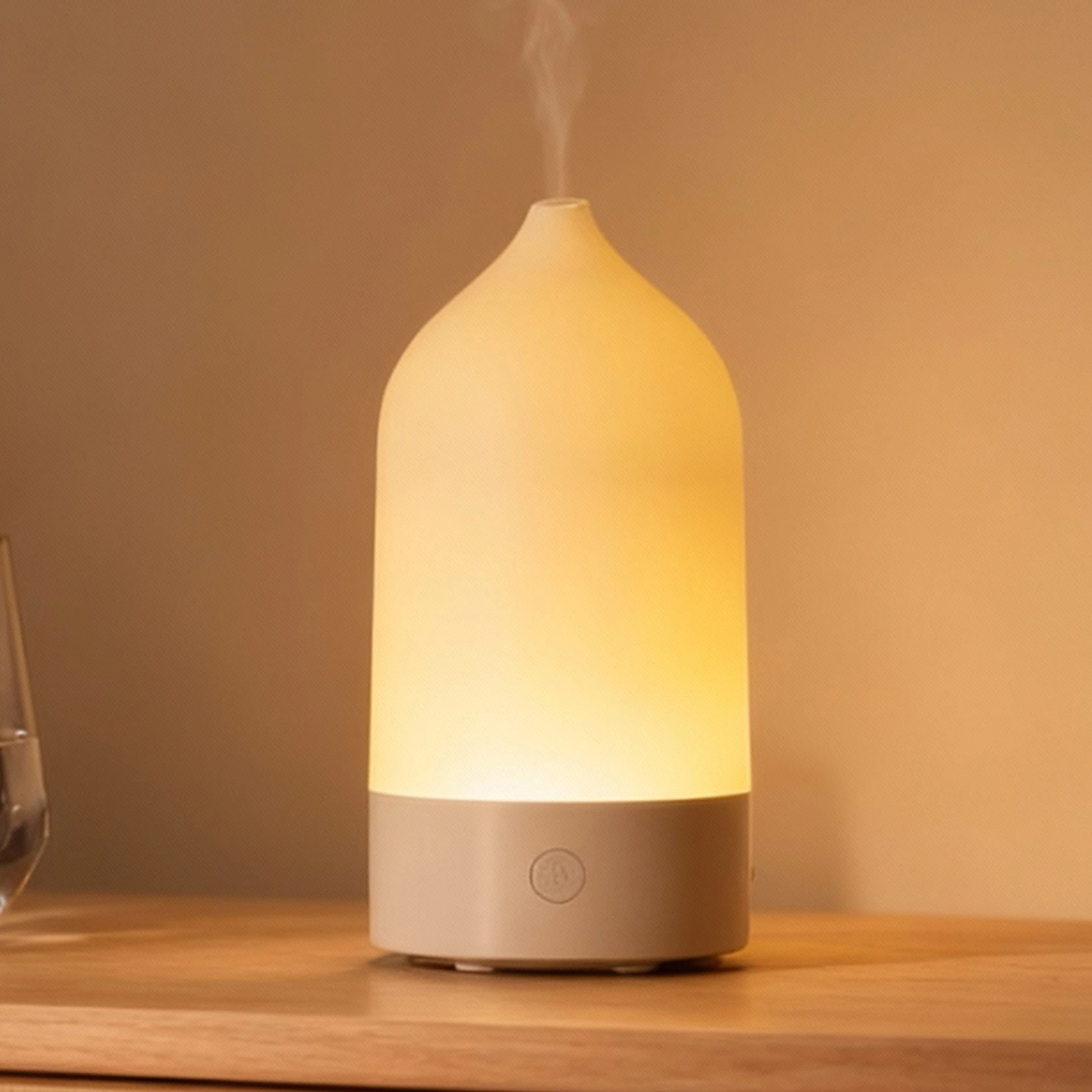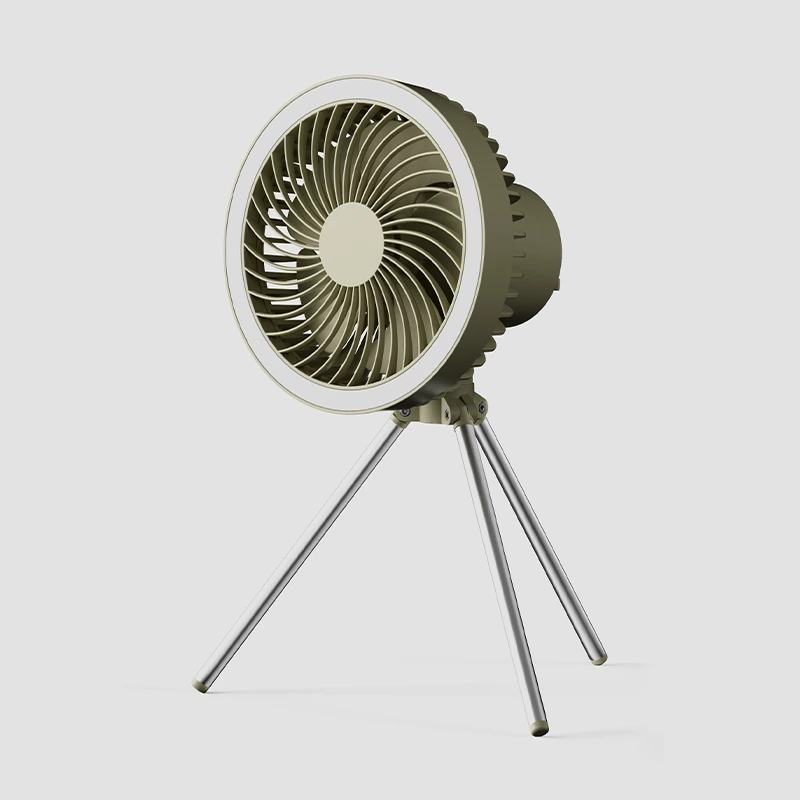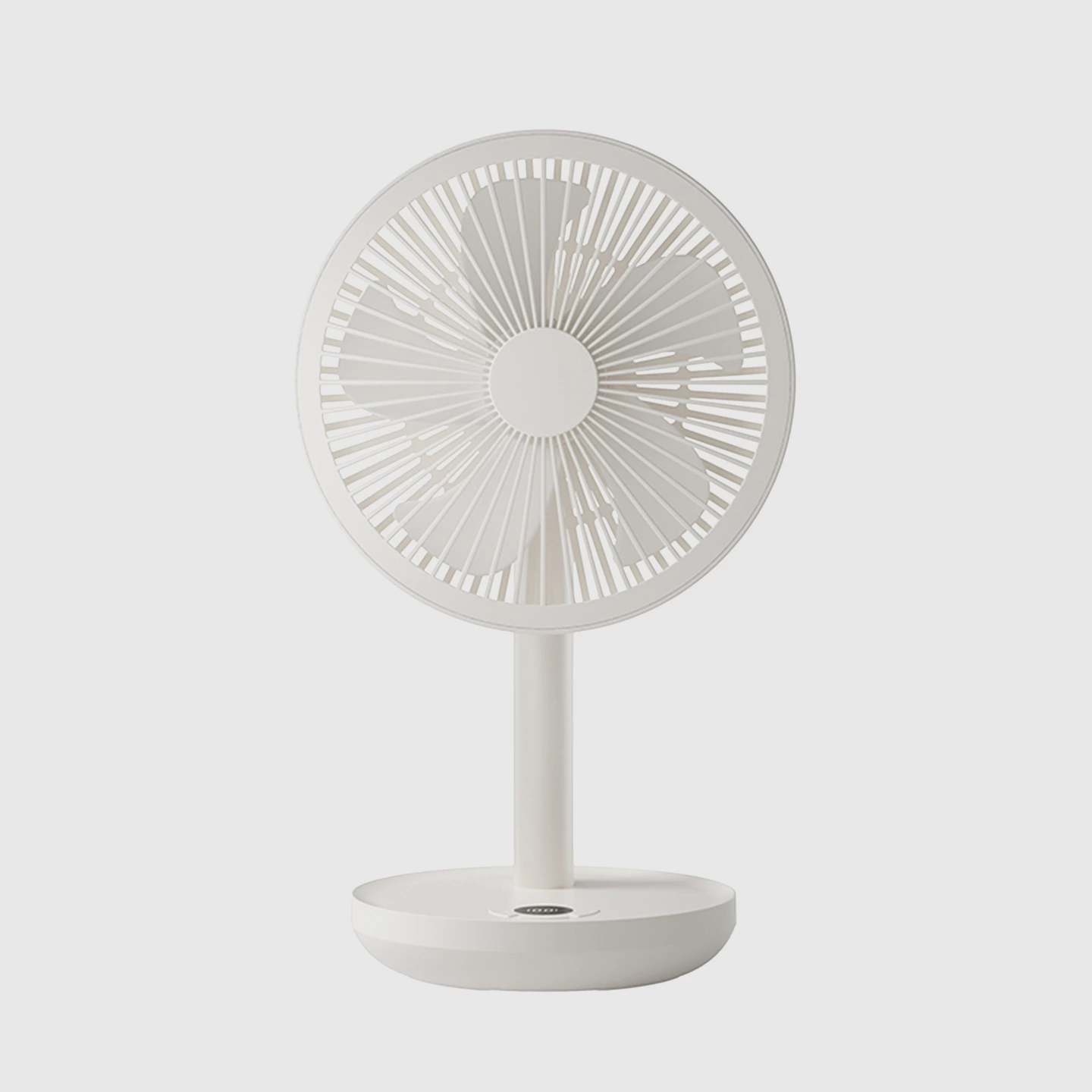Can Aromatherapy Essential Oils Be Used on the Human Body? Understanding Safe and Effective Application
Essential oils have been cherished for centuries for their natural healing properties and captivating aromas. But as aromatherapy’s popularity rises, many wonder: can these powerful oils be applied directly to the body, and if so, how should they be used safely? This article dives into the answer, highlighting how to get the most out of aromatherapy oils when used on the skin without risking adverse effects.
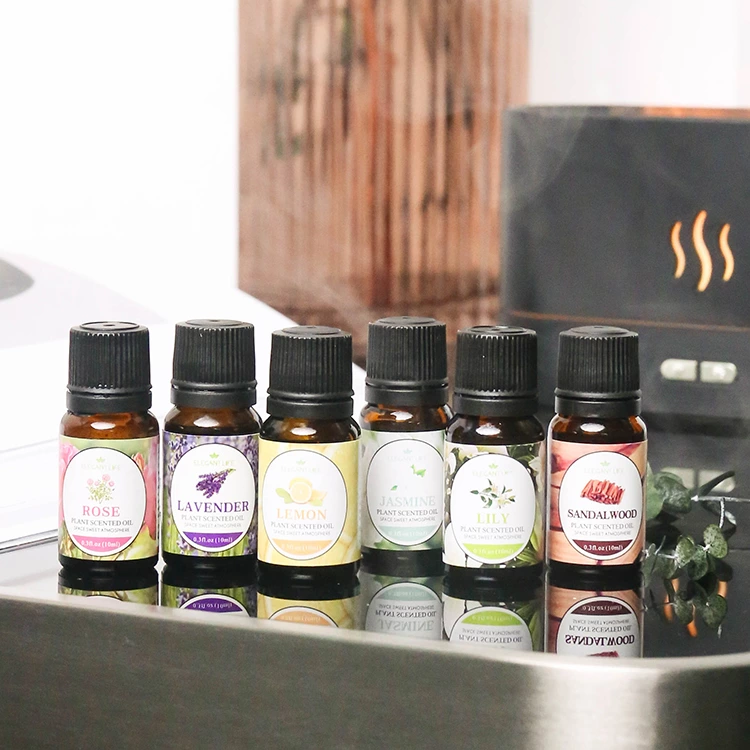
Understanding Aromatherapy Essential Oils
Essential oils are concentrated extracts from plants, created through processes like distillation or cold-press extraction. These oils contain a high concentration of volatile plant compounds, giving them strong aromas and therapeutic properties. Popular essential oils for aromatherapy include lavender, eucalyptus, peppermint, and tea tree oil, each offering different benefits, such as calming effects, respiratory relief, and antimicrobial properties.
However, due to their potency, not all essential oils are safe to apply directly to the skin. Without proper use, they can lead to skin irritation, allergic reactions, and even systemic toxicity. Knowing which oils are suitable for body use, how to dilute them, and appropriate methods of application are essential to enjoying their benefits safely.
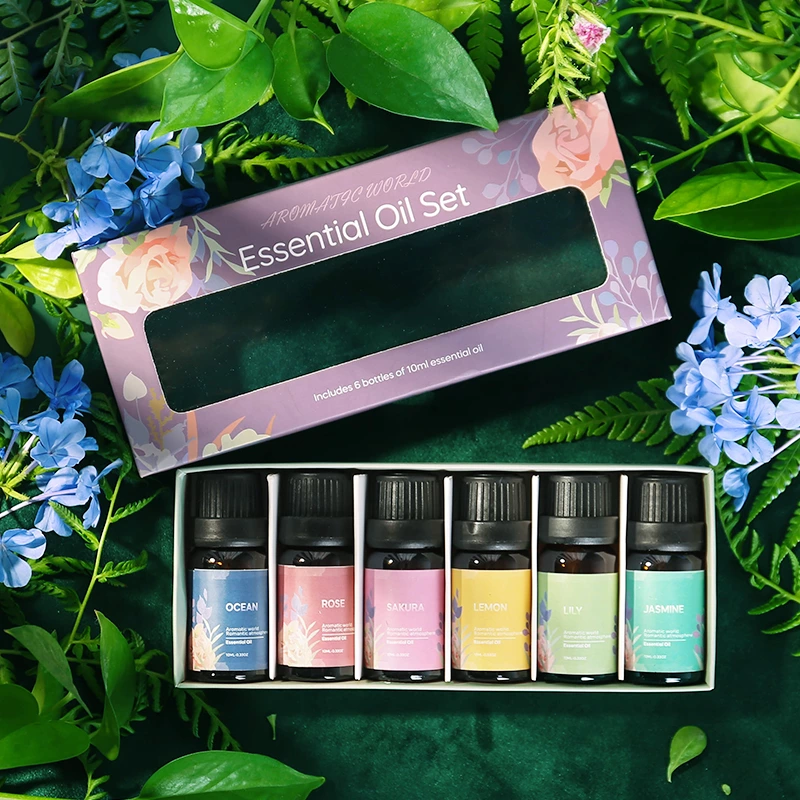
Can Essential Oils Be Applied to the Skin?
Yes, essential oils can be used on the skin, but they must be applied with caution. Here are some basic principles for safely using essential oils on the body:
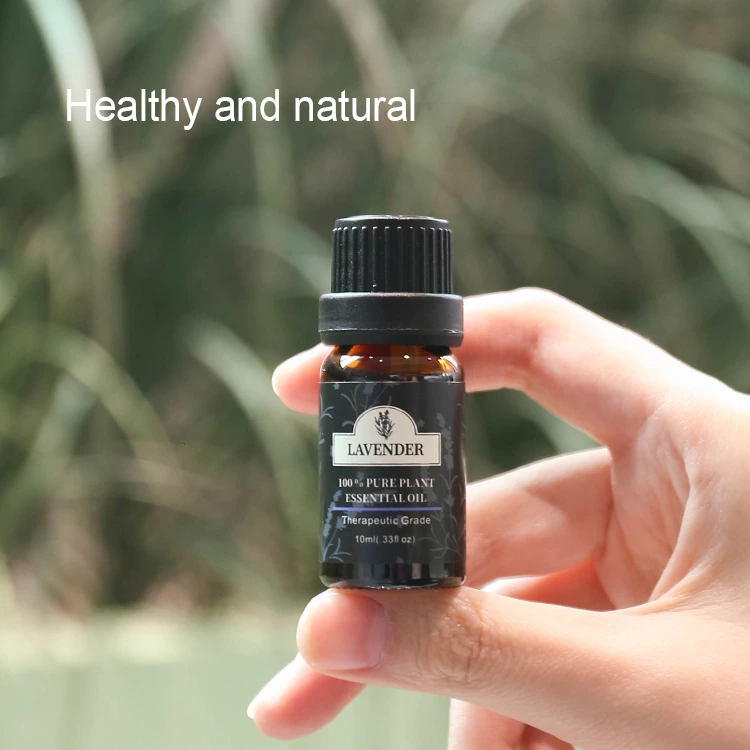
-
Dilution is Key: Essential oils should almost never be used undiluted on the skin. Their high concentration can be irritating and even harmful. Dilution with a carrier oil, like coconut, jojoba, or olive oil, minimizes the risk of skin reactions.
-
Patch Test First: Before applying a diluted essential oil to a larger area, perform a patch test on a small section of skin to ensure there is no allergic reaction or irritation.
-
Quality Matters: Choose high-quality, therapeutic-grade essential oils that are intended for skin application. Many oils marketed as “fragrance oils” are synthetic and not suitable for topical use.
-
Proper Storage: Essential oils should be stored in a cool, dark place in tightly sealed glass containers. Exposure to light and air can degrade the oil’s effectiveness and increase the likelihood of skin irritation.
Types of Essential Oils Safe for Body Application
Some essential oils are generally safer for topical use than others. Here are a few popular oils known for their skin-friendly properties:
- Lavender Oil: Known for its calming and soothing properties, lavender is gentle enough for direct skin application (when properly diluted) and is often used in lotions and creams for stress relief.
- Tea Tree Oil: This oil has strong antimicrobial properties and is often used for treating acne and minor skin infections. However, it should be well-diluted, as it can be irritating to sensitive skin.
- Chamomile Oil: Chamomile is gentle and soothing, making it ideal for irritated or sensitive skin. It’s commonly used in formulations for sensitive skin care.
Some oils, such as peppermint and cinnamon, are highly concentrated and can cause irritation. Always dilute these oils well and consider consulting a healthcare professional before use.
Safe Methods for Applying Essential Oils to the Body
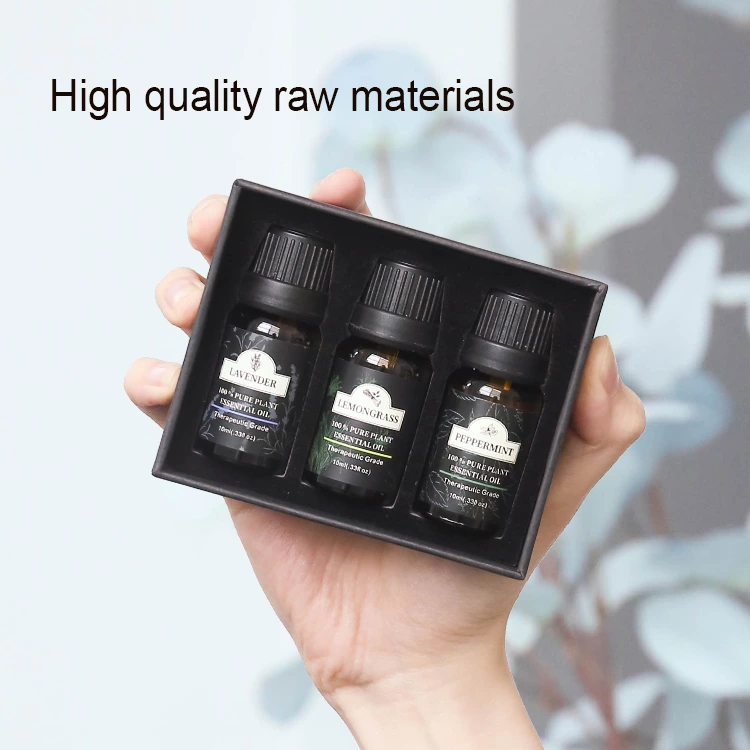
If you’re interested in using essential oils on your skin, here are the safest and most effective ways to do so:
1. Diluted Application with a Carrier Oil
- This is the most common way to apply essential oils to the skin. Carrier oils like coconut, almond, and jojoba dilute the essential oil and help with absorption.
- Dilution Ratios: For adults, a safe dilution ratio is typically between 2-5%. This means about 12 drops of essential oil per ounce of carrier oil for a 2% dilution, or up to 30 drops per ounce for a stronger 5% dilution. For children, elderly adults, or those with sensitive skin, use a lower dilution, around 1% (6 drops per ounce of carrier oil).
2. Aromatherapy Massage
- Essential oils are often used in massages to relieve tension and enhance relaxation. A few drops of diluted essential oil, like lavender or eucalyptus, can be gently massaged into areas such as the neck, shoulders, and feet.
- Use a 2-3% dilution for massage oils, combining the essential oil with a carrier like sweet almond or grapeseed oil.
3. Baths and Soaks
- Adding essential oils to a bath can be relaxing and beneficial for both the skin and respiratory system. However, essential oils do not dissolve in water, so they should first be diluted in a carrier oil or unscented bath gel before adding to the bath.
- Use 5-10 drops of essential oil in a tablespoon of carrier oil, then mix it into the bath water. Be cautious of oils like peppermint, which can cause a cooling sensation that may be uncomfortable for some.
4. Facial Steaming
- For skin care or respiratory relief, add 2-3 drops of essential oil (such as tea tree or eucalyptus) to a bowl of steaming hot water, lean over it, and cover your head with a towel to trap the steam. This method can help open pores and clear congestion.
- Ensure you keep your face at a comfortable distance from the steam to avoid burns.
5. Topical Treatments for Specific Concerns
- Some essential oils can be used for targeted concerns, such as acne, insect bites, or minor cuts. For example, tea tree oil (well-diluted) is commonly used as a spot treatment for acne. Lavender oil can also be soothing for insect bites and minor burns.
Dosage and Risks of Misuse
While essential oils offer many benefits, improper use can lead to adverse effects. Here are some guidelines for safe dosages and potential risks of overuse:
-
Dosage Limits: Generally, 1-2 drops of essential oil in a carrier is enough for most applications. Overuse may lead to skin sensitization, where the body develops an allergy or irritation to the oil over time.
-
Risks of Overuse: Excessive use of essential oils can cause symptoms such as skin irritation, headaches, and nausea. Highly concentrated oils, like peppermint, eucalyptus, or clove, can also cause respiratory irritation, especially in young children or people with asthma.
-
Phototoxicity: Citrus oils, like lemon, lime, and bergamot, can increase the skin’s sensitivity to sunlight, leading to burns or pigmentation if applied before sun exposure. Always avoid direct sunlight after applying phototoxic oils to the skin
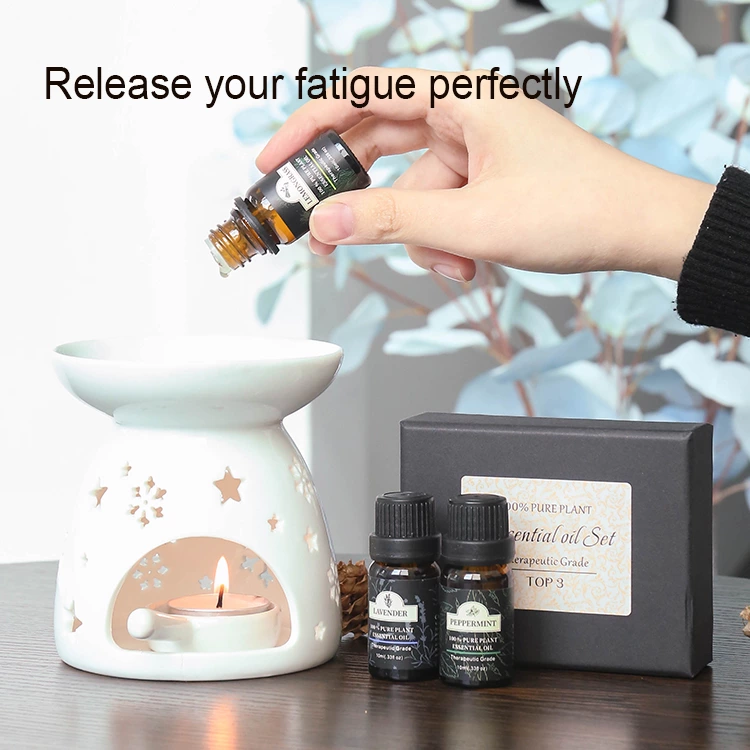
Important Considerations for Different Skin Types
-
Sensitive Skin: If you have sensitive skin, choose gentler oils like chamomile or lavender, and always dilute them to around 1%.
-
Oily or Acne-Prone Skin: Tea tree oil, when diluted properly, can be a good option for acne-prone skin due to its antibacterial properties.
-
Dry Skin: Oils like rose and sandalwood are beneficial for moisturizing and soothing dry skin, though they should be used sparingly as they can be costly.
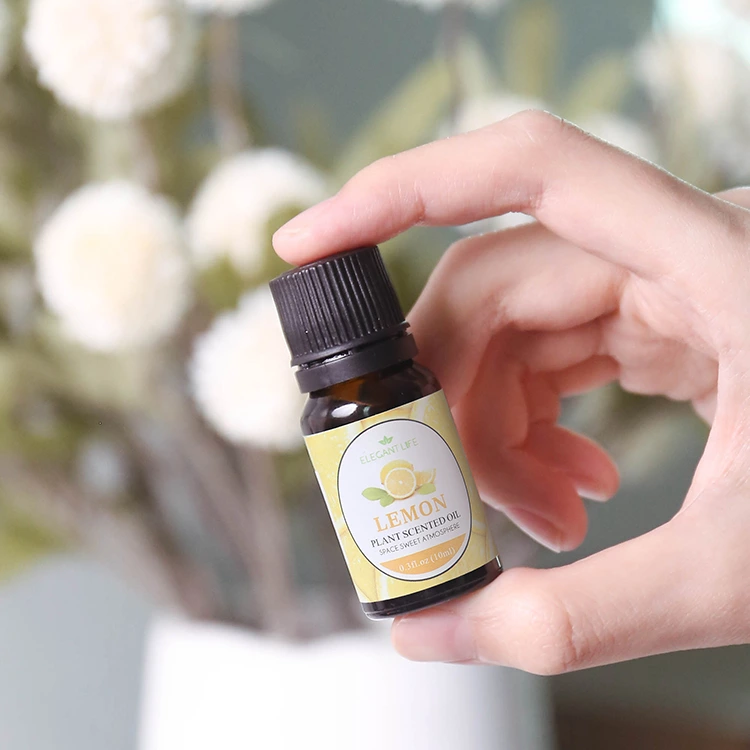
Conclusion: Use Essential Oils Mindfully for Maximum Benefits
Essential oils can be safely applied to the skin if used mindfully and properly diluted. They offer a natural way to support wellness, whether you’re seeking stress relief, skincare benefits, or respiratory support. However, it’s essential to follow proper guidelines, respect dosage limits, and understand the unique properties of each oil. Misuse or overuse can lead to skin irritation, allergies, or even systemic health issues.
By selecting the right oils, using proper dilution, and following safe application techniques, you can enjoy the many benefits of essential oils while ensuring your skin and body remain protected. Always consult a qualified aromatherapist or healthcare provider if you’re new to using essential oils or have specific health concerns.

